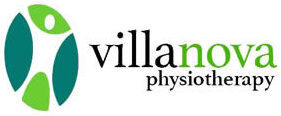Kinesiology is defined as human kinetics, or the scientific study of human movement. The term is derived from the Greek word kinesis, which means “to move.”
A Kinesiologist applies exercise and movement science to promote optimal health and well-being; prevents, manages, and rehabilitates injuries; treats illness and chronic disease; restores function; and optimizes human performance in the workplace, clinical settings, sport, and fitness.
Kinesiologists work with people of all ages and physical abilities to help them achieve their health and wellness goals. They work in a variety of indoor and outdoor settings- gyms and fitness centres, rehabilitation clinics, work sites, hospitals, and private wellness clinics.
Kinesiologists improve quality of life, often using interventions that include physical activity. Depending on the individual situation, kinesiology therapy can take between 4 and 12 weeks to show effectiveness. Sometimes, people require a correction or adjustment in movement which results in a shorter rehabilitation period, but could often be longer because the chief concern is related to other body parts or underlying health conditions.
There are numerous benefits to kinesiology, including recovery from injury or an accident; managing chronic pain; increasing strength and mobility; optimizing sports performance; and stress relief. The kinesiologist will complete an initial health history and assessment, and work with clients to meet individual goals for treatment. Throughout the course of treatment, progress and goals will be continually evaluated and adjusted as needed to ensure maximum benefits are achieved.
While kinesiology services are not covered under the NL provincial medical care plan, some private health insurance plans do cover this under the scope of practice of kinesiology. Often, kinesiology gets confused with personal training. While kinesiologists do provide personal training to clients who wish to improve their health and fitness level, their training and focus is much more in depth than a non-kinesiologist trainer. A kinesiologist is required to complete a bachelor’s degree, while the education of a personal trainer is based around courses and workshops of a shorter duration.

